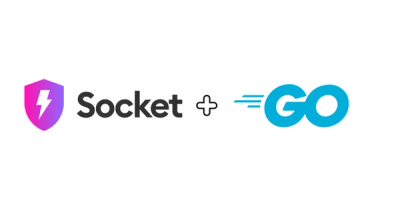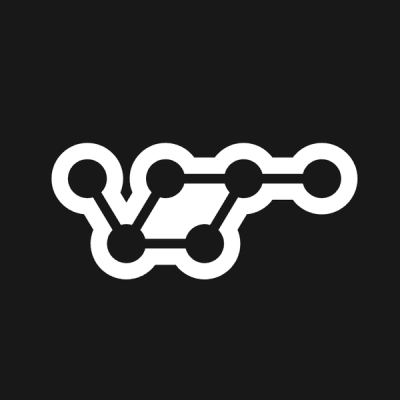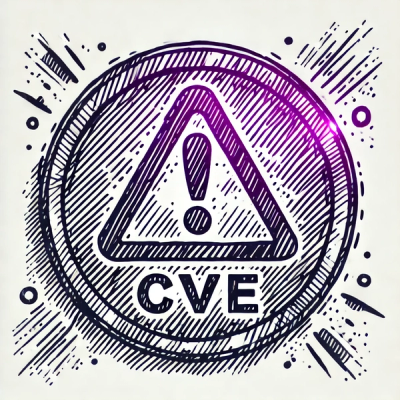
Product
Go Support Is Now Generally Available
Socket's Go support is now generally available, bringing automatic scanning and deep code analysis to all users with Go projects.
sql-bricks
Advanced tools
SQL Bricks.js is a transparent, schemaless library for building and composing SQL statements.
SELECT, INSERT, UPDATE and DELETE (with the exception of asc/desc/collate options for orderBy(), see #73)
Comparison with other SQL-generation JS libraries:
| library | lines | files | schema | other notes |
|---|---|---|---|---|
| Knex | 20k | ~50 | schema | transactions, migrations, promises, connection pooling |
| Squel | 1.7k | 1 | schemaless | |
| node-sql | 2.6k | ~60 | schema | |
| mongo-sql | 1.7k | ~50 | schemaless | |
| sql-bricks | 1.1k | 1 | schemaless |
INSERT ... ON DUPLICATE KEY UPDATE ...INSERT IGNORE ...LIMIT (SELECT / UPDATE / DELETE)OFFSETORDER BY (UPDATE / DELETE)LIMIT and OFFSETOR REPLACE, OR ABORT, OR ROLLBACK, OR FAILLIMIT and OFFSETRETURNINGUPDATE ... FROMDELETE ... USINGFROM VALUESIn the browser:
var select = SqlBricks.select;
In node:
var select = require('sql-bricks').select;
A simple select via .toString() and .toParams():
select().from('person').where({last_name: 'Rubble'}).toString();
// "SELECT * FROM person WHERE last_name = 'Rubble'"
select().from('person').where({last_name: 'Rubble'}).toParams();
// {"text": "SELECT * FROM person WHERE last_name = $1", "values": ["Rubble"]}
While toString() is slightly easier, toParams() is recommended because:
The SQLBricks API is comprehensive, supporting all of SQL-92 for select/insert/update/delete. It is also quite flexible; in most places arguments can be passed in a variety of ways (arrays, objects, separate arguments, etc). That said, here are some of the most common operations:
// convenience variables (for node; for the browser: "var sql = SqlBricks;")
var sql = require('sql-bricks');
var select = sql.select, insert = sql.insert, update = sql.update;
var or = sql.or, like = sql.like, lt = sql.lt;
// WHERE: (.toString() is optional; JS will call it automatically in most cases)
select().from('person').where({last_name: 'Rubble'}).toString();
// SELECT * FROM person WHERE last_name = 'Rubble'
// JOINs:
select().from('person').join('address').on({'person.addr_id': 'address.id'});
// SELECT * FROM person INNER JOIN address ON person.addr_id = address.id
// Nested WHERE criteria:
select('*').from('person').where(or(like('last_name', 'Flint%'), {'first_name': 'Fred'}));
// SELECT * FROM person WHERE last_name LIKE 'Flint%' OR first_name = 'Fred'
// GROUP BY / HAVING
select('city', 'max(temp_lo)').from('weather')
.groupBy('city').having(lt('max(temp_lo)', 40))
// SELECT city, max(temp_lo) FROM weather
// GROUP BY city HAVING max(temp_lo) < 40
// INSERT
insert('person', {'first_name': 'Fred', 'last_name': 'Flintstone'});
// INSERT INTO person (first_name, last_name) VALUES ('Fred', 'Flintstone')
// UPDATE
update('person', {'first_name': 'Fred', 'last_name': 'Flintstone'});
// UPDATE person SET first_name = 'Fred', last_name = 'Flintstone'
// Parameterized SQL
update('person', {'first_name': 'Fred'}).where({'last_name': 'Flintstone'}).toParams();
// {"text": "UPDATE person SET first_name = $1 WHERE last_name = $2", "values": ["Fred", "Flintstone"]}
// SQLite-style params
update('person', {'first_name': 'Fred'}).where({'last_name': 'Flintstone'}).toParams({placeholder: '?%d'});
// {"text": "UPDATE person SET first_name = ?1 WHERE last_name = ?2", "values": ["Fred", "Flintstone"]}
// MySQL-style params
update('person', {'first_name': 'Fred'}).where({'last_name': 'Flintstone'}).toParams({placeholder: '?'});
// {"text": "UPDATE person SET first_name = ? WHERE last_name = ?", "values": ["Fred", "Flintstone"]}
Full documentation: http://csnw.github.io/sql-bricks
License: MIT
FAQs
Transparent, Schemaless SQL Generation
The npm package sql-bricks receives a total of 26,369 weekly downloads. As such, sql-bricks popularity was classified as popular.
We found that sql-bricks demonstrated a not healthy version release cadence and project activity because the last version was released a year ago. It has 1 open source maintainer collaborating on the project.
Did you know?

Socket for GitHub automatically highlights issues in each pull request and monitors the health of all your open source dependencies. Discover the contents of your packages and block harmful activity before you install or update your dependencies.

Product
Socket's Go support is now generally available, bringing automatic scanning and deep code analysis to all users with Go projects.

Security News
vlt adds real-time security selectors powered by Socket, enabling developers to query and analyze package risks directly in their dependency graph.

Security News
CISA extended MITRE’s CVE contract by 11 months, avoiding a shutdown but leaving long-term governance and coordination issues unresolved.